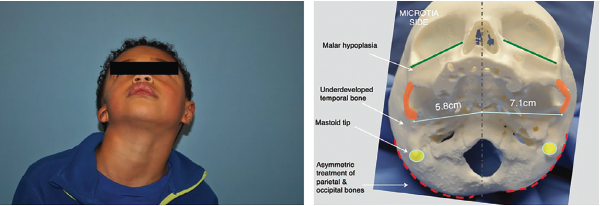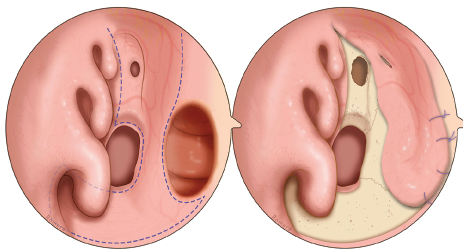Facial and plastic surgery otolaryngology specialists discuss how the understanding and treatment of facial paralysis has changed over the years


Facial and plastic surgery otolaryngology specialists discuss how the understanding and treatment of facial paralysis has changed over the years
Rates of prescription medication use for anxiety, depression, and ADHD did not significantly differ between cases and controls in patients undergoing functional or aesthetic rhinoplasty.
Cosmetic component dorsal hump reduction with use of spreader grafts to reconstruct the middle vault results in improved subjective nasal function and aesthetics.
Functional outcomes play an important role in satisfaction and quality of life after rhinoplasty.

An increasingly popular tool used across multiple surgical specialties is three-dimensional (3D) printing, which offers the opportunity for case-by-case customization.

Tranexamic acid (TXA) is an antifibrinolytic agent that inhibits clot breakdown and is well described in the literature toreduce intraoperative blood loss in craniofacial, cardiac, trauma, dermatologic, and orthopedic surgeries.
In mid and upper face reconstruction, vascular grafting, targeting more distal branches of the facial system, or additional maneuvers to optimize pedicle orientation is often required to secure revascularization.

The objective of this study is to describe step by step an innovative technique to repair large septal perforations with a pure endoscopic extended AEA flap.
Operative middle and upper maxillofacial trauma decreased over a 17-year period, with assault identified as the most significant mechanism of trauma overall.
Significant disparities exist in medical school enrollment for minority students and achievement of full professorship in otolaryngology, surgery, and internal medicine.